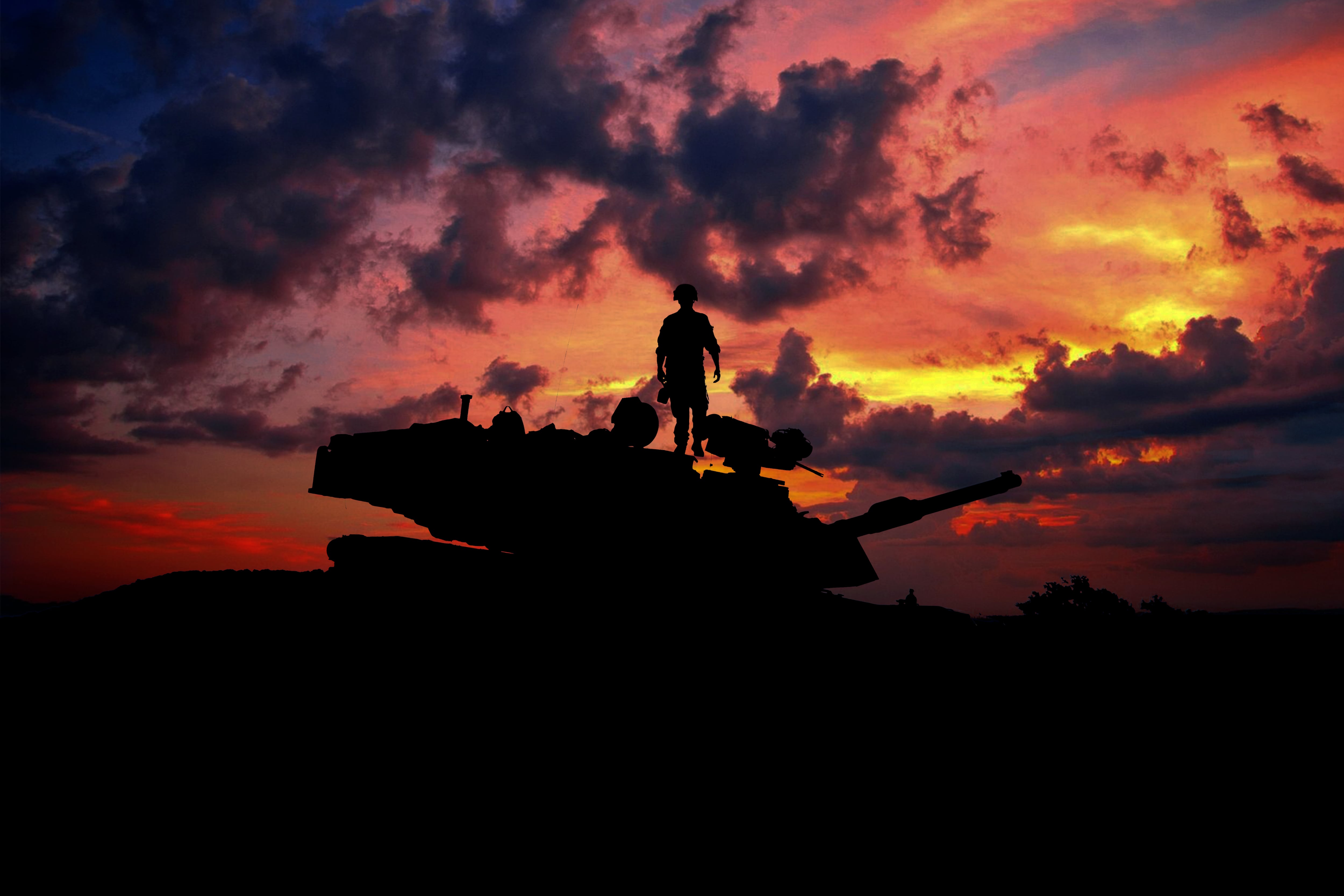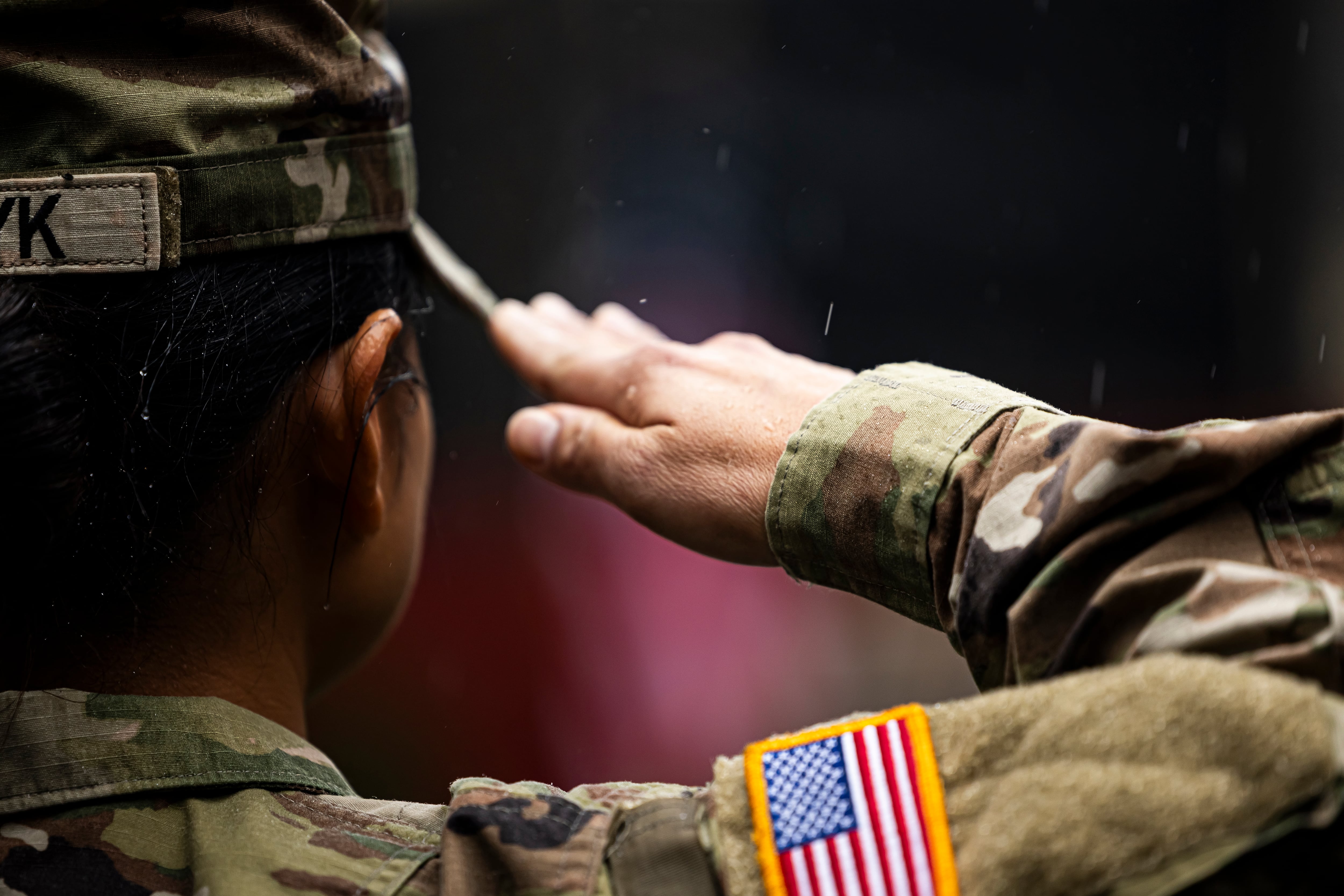When Staff Sgt. Colton Herzing sat down with Army Times at an Atlanta restaurant in February, the 27-year-old tank commander knew he was taking a risk.
“I’m comfortable with you publishing anything that I’m saying, regardless of the repercussions that may come of it,” Herzing said.
Although Army regulations permit soldiers to speak with reporters, those who publicly comment on policy or controversial topics can face reprisal from their leadership. Veterans who do so risk ostracization or impact to civilian employment.
Despite knowing the dangers of doing so, Herzing was one of eight current or former members of 1st Battalion, 66th Armor Regiment who agreed to speak under their names in Broken Track, Army Times’ investigation of elevated suicide rates among tankers and other members of armor brigades. More than 50 additional soldiers from various tank brigades talked to Army Times and provided verification of their identities, but they requested anonymity in the investigation.
RELATED

Some of the Iron Knights spoke on the record — a journalism term meaning that they allowed their names to appear in the story — because of loyalty to one another.
Capt. Dave Wright, an infantry officer now assigned to Fort Wainwright, Alaska, went on the record when he learned that a fellow officer from the battalion, Capt. Nick Bierwirth, was doing so. Bierwirth is now a space officer in the Army Reserve.
Former Sgt. Kyle Goddard said Wright and Bierwirth’s examples motivated him to reveal his name. “[Their courage] tells you everything you need to know about them,” he said. Former infantry Sgt. Dan Lewis cited Goddard and Wright as inspiration for coming forward.
“I just figured everyone else is sharing their names, so why shouldn’t I?” said Chief Warrant Officer 2 Trevor Nelson, who was a sergeant first class in the battalion.
Sgt. Collin Pattan, a combat medic, said he shared his experiences so his soldiers — and readers — would feel empowered to seek mental health treatment. “I’m hoping that we get into a culture of making sure that the people around you are okay. And I hate that it took losing so many people for me to get there,” he said.
RELATED

Many of the soldiers also said they wished to honor those who died.
“Who’s going to carry people’s memories if [people] don’t know about them?” asked Goddard, a former infantryman.
Wright said he believed he “owes it” to the dead to speak up. “The families in America that give their soldiers up to do this job deserve to have them come home when there’s not a war,” he added.
But most of all, the Iron Knights said they want Army Times readers — and Army senior leaders — to believe their stories of struggle and address the systemic suicide risk posed by tank units’ operational tempo and maintenance demands.
“When I read the news and I see ‘an anonymous source,’ I get skeptical about what they’re saying,” said Nelson. “Putting my name to it, a reader can know I mean what I say … I’m hoping that your article prompts senior leaders to come to the ground level to see for themselves how things are going in the units.”
Pattan said he believes in the Army’s leadership, but he doesn’t know if they fully grasp armor units’ daily problems.
Bierwirth said he feels “the armor community needs to address the issues it has.”
“We’re currently failing service members and veterans: we aren’t walking the walk,” argued Lewis. “These issues are endemic, and … we really need a good, long look in the mirror to face our issues and address them.”
Former Spc. Garrett Shiemke, a Bradley mechanic, said he wants his story to “help unfuck” life in armor units.
“The Army is not tanks. The Army is not Bradleys,” said Wright. “The Army is people … and it’s not even wartime.”
Editor’s Note: If you or a loved one is experiencing thoughts of self-harm or suicide, you can confidentially seek assistance via the Military/Veterans Crisis Line by calling 988 and dialing 1, via text at 838255 or chat at http://VeteransCrisisLine.net. You don’t need to be a VA beneficiary to use the service.
Davis Winkie covers the Army for Military Times. He studied history at Vanderbilt and UNC-Chapel Hill, and served five years in the Army Guard. His investigations earned the Society of Professional Journalists' 2023 Sunshine Award and consecutive Military Reporters and Editors honors, among others. Davis was also a 2022 Livingston Awards finalist.





